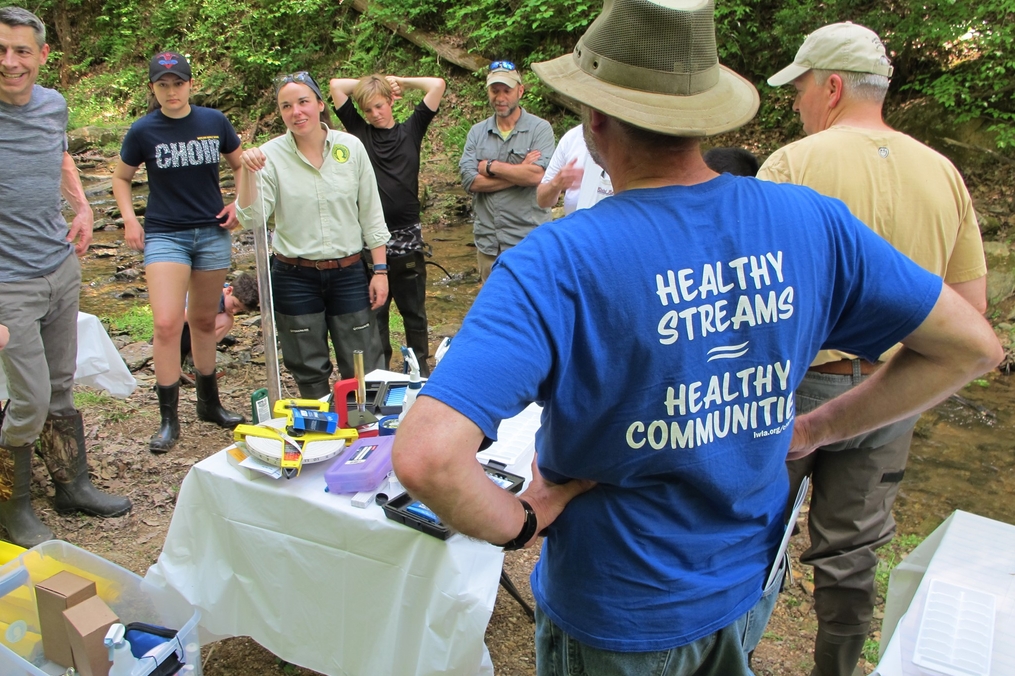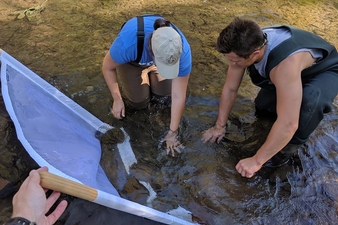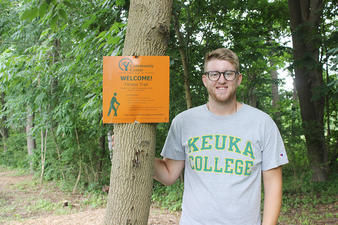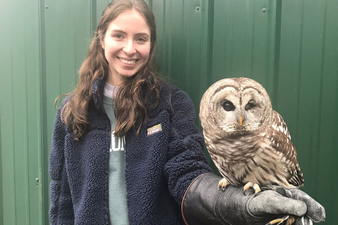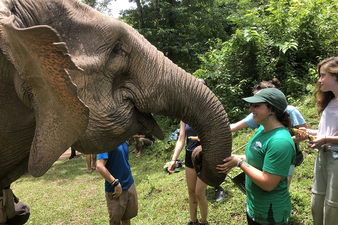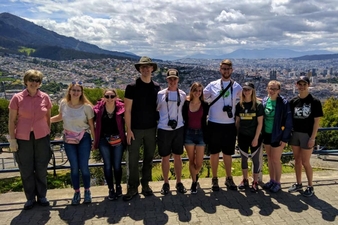Help Solve Some of the Biggest Problems Facing Our Society with an Environmental Science Degree
Why is Keuka College the best place to study environmental science? A campus surrounded by freshwater lakes and forests. A wide range of aquatic and terrestrial ecosystems open for you to explore. An expert faculty.
As an Environmental Science major, you'll be prepared for a future of finding responsible solutions to local and global environmental challenges.
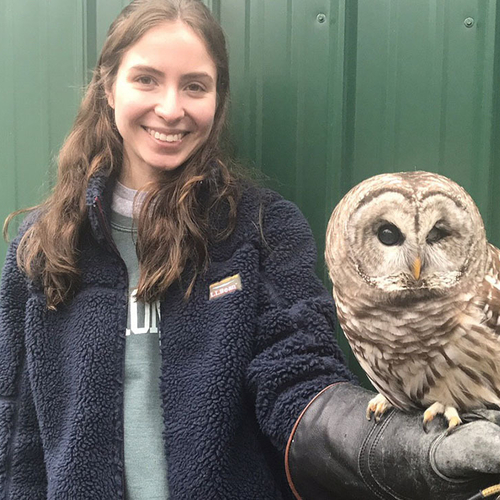
Field Period® Helped Me Define My Goals — and My Career
My Field Period® experience confirmed that I would like to pursue research and that advocacy and education is not my thing. The greatest benefit I got from my Field Period® was getting experience in my field, and being able to work with such amazing animals.
Program Overview
The program provides you with the option to focus on the physical or biological science of the environment by training in the fundamentals of mathematics, physics, chemistry, biology, and earth science.
Research Opportunities
Keuka College makes hands-on research easy, on campus and off. Undergraduates dive into projects that test pesticide effects on eggshell thickness, restore nature trails threatened by invasives, catalog benthic diatoms in Keuka Lake, track small-mammal diversity at a nearby preserve, and link amphibian health to water quality. Many students publish alongside faculty – and present their discoveries at regional and national conferences – before they even graduate.
Learn More About Environmental Science
The Jephson Science Center is one of the College’s most recently-renovated buildings. A highlight of the center is that the laboratories weren’t simply designed by architects, but by the professors who use and teach in them. That means the labs you’ll use at Keuka College mimic real-world laboratories, and include much of the same equipment.
The equipment in our laboratory includes:
High-Pressure Liquid Chromatograph (HPLC)
Our HPLC separates, identifies, purifies, and quantifies every molecule in a mixture. Samples move through a precision column, then a UV/Vis detector captures each component – delivering crisp, reliable data for your experiments.
Gas Chromatograph/Mass Spectrometer (GC/MS)
The GC/MS vaporizes a mixture, isolates each compound, and fingerprints it by mass. An autosampler handles up to 108 vials, while integrated software matches spectra against a vast digital library – turning raw data into answers in seconds.
Fourier Transform Infrared Spectrophotometer (FTIR)
A diamond ATR crystal channels infrared light through solid samples, and the FTIR records their absorbance. The resulting spectrum reveals molecular fingerprints – pinpointing functional groups and confirming identity fast.
Ultraviolet-Visible Spectrophotometer
Our UV/Vis instruments track how solutions absorb ultraviolet and visible light. The readings can verify compound identity or calculate precise concentrations – essential for kinetics, quality checks, and calibration labs.
Contact Information
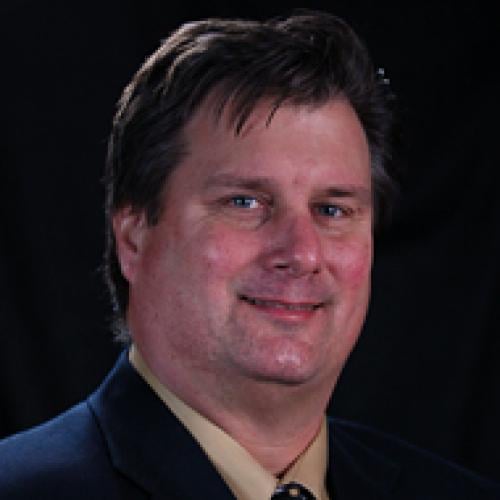
Dr. Michael Keck
Chair of Natural Sciences and Mathematics
Professor of Chemistry

